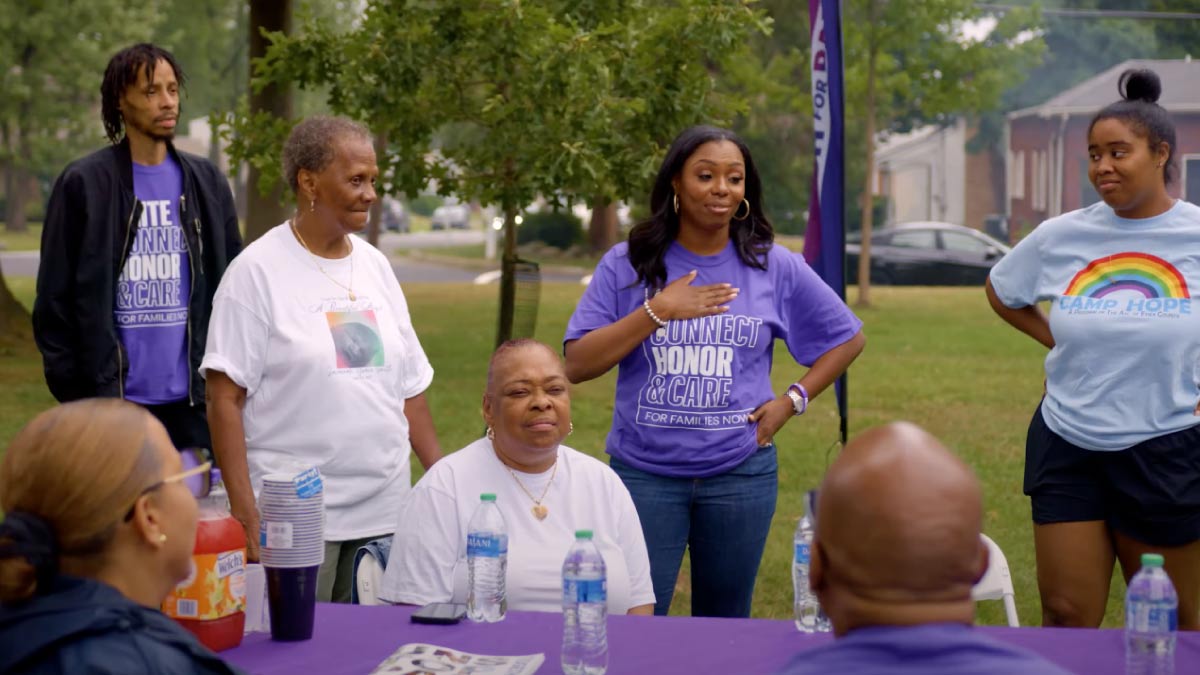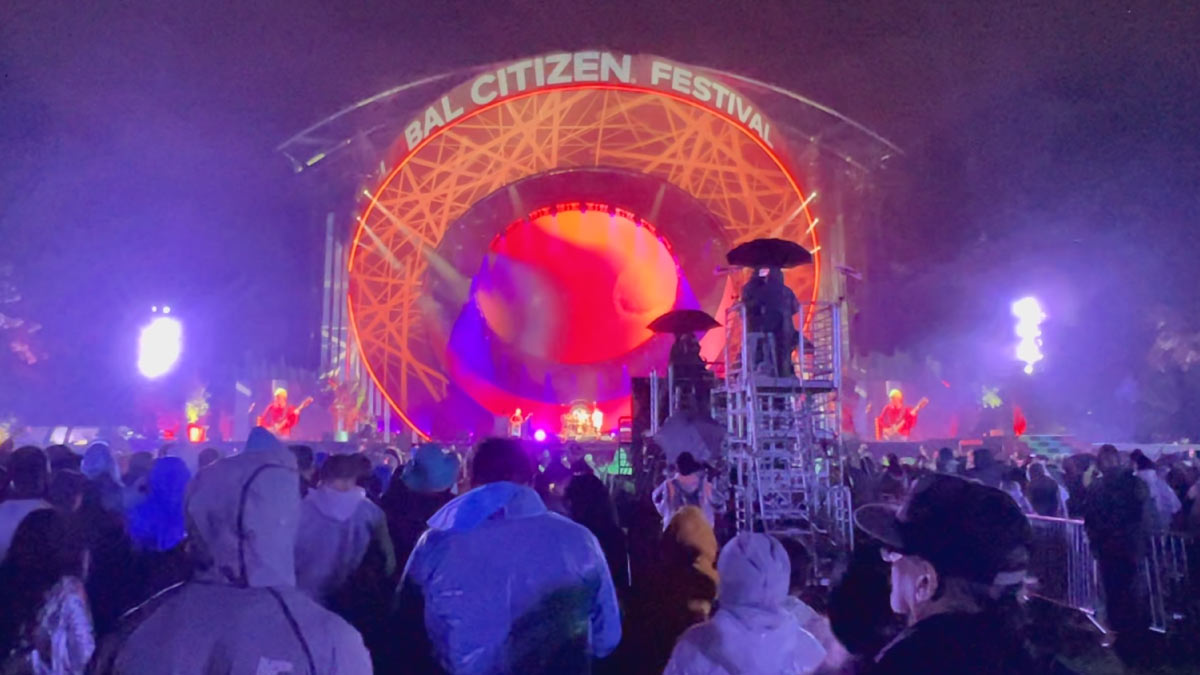In 1943, psychologist Abraham Maslow proposed a theory of needs—a system to classify every humans’ universal needs. This “hierarchy of needs” presents that in order for a human to thrive, they require certain base needs satisfied—these include a physiological need, then safety, then love, esteem, and self-actualization. Cisco knows it’s crucial for humans to have these needs met, and the company aims to fill in the gaps for those who are still without. Although Cisco works to connect the world with its technology, the company also recognizes the work needed to be done to help humans be happy, healthy, and safe. It isn’t just about tech— it’s also about helping people and communities.
October 10th is World Homeless Day and World Mental Health Day, two issues Cisco and its employees are passionate about. In recognition of these two events, let’s look at what the company has been working on in the realms of homelessness and mental health.
World Homeless Day
In 2018, Cisco CEO and Chairman Chuck Robbins announced a five-year partnership with non-profit Destination: Home to help prevent homelessness and create supportive housing in Santa Clara County. Cisco’s $50 million grant towards Destination: Home helps join the private and public sectors with local government in an effort towards ending homelessness.
One year later, this partnership has spread its wings. The work that Destination: Home and Cisco has done has helped fund a dedicated planner at the City of San Jose to streamline applications of supportive housing developments, and it has helped expand the capacity in the Homelessness Prevention System to serve 480 households. In addition, the work has financed six new housing developments with 472 supportive units.
See also: Cisco Chat- Making an impact on homelessness
One of these new housing developments in Santa Clara County is Second Street Studios, four residential floors of 135 housing units for the chronically homeless. Cisco employees supplied funds for furniture and even prepared the apartment units with bedsheets and toiletries for the residents to feel at home. In August, Robbins spoke at the Second Street Studios ribbon cutting, officially opening the complex and marking a milestone in the company’s investment in ending homelessness.
See also: San Jose project renews homeless man’s sense of dignity
Beyond San Jose, the company seeks to address homelessness worldwide. In May, Cisco announced a Housing First pilot in Rome, Italy.
“Simply having a place to call home is not only out of reach for so many here in Silicon Valley, where Cisco has its headquarters, but for so many around the world,” writes Robbins.
Cisco announced a commitment of $1 million over four years to support the pilot in partnership with Comunità di Sant’Egidio, an organization that addresses poverty in Italy. Sant’Egidio provides the housing and supportive services to homeless individuals, and the Cisco team in Italy is working to supply the organization with the technology they need to scale their operations.
In addition, Cisco is a dedicated partner of Covenant House, an organization that provides housing and supportive services to young people who are facing homelessness. Cisco employees and executives have participated in Covenant House’s Sleep Out, a night of sleeping outside to raise awareness and funds towards youth homelessness. The company recognizes that homelessness occurs in different ways—often because of displacement from natural disasters or political conflict. Cisco TacOps sets up crucial communications for those affected by emergencies so they can reach family or services. Cisco also partners with Mercy Corps, an organization that works to alleviate suffering, and poverty. Just in the first year of a five-year venture with Mercy Corps, the two companies have created 45 hotspots to help refugees and migrants in Europe stay connected. Learn more about how the two are transforming humanitarian aid here.
World Mental Health Day
Cisco also believes in a culture of instilling a safe space, where leaders, employees, and the community can all come together in every stage of life.
In 2018, Robbins sent an email to all employees following the suicides of Kate Spade and Anthony Bourdain. The message said that mental health should be regarded as a priority, and that we can all work to reduce the stigma of mental health among employees. Leading up to this year’s World Mental Health Day, Robbins sent another email reinforcing that Cisco is a safe space, and encouraging employees to support each other.
“The outpouring of stories and support has been overwhelming – this topic touches so many people in so many ways. It’s important we continue the dialogue and work together to remove the stigma,” wrote Robbins, “Let’s continue to support one another and have meaningful conversations – even when they are hard.”
Since Robbins started the conversation towards better mental health a little more than a year ago, employees have opened up with their own stories. This dialogue has been crucial in helping employees and their families feel seen and understood. Cisco’s Chief People Officer Fran Katsoudas spoke on the podcast Better, by Great Place to Work about eliminating the taboo around mental health in work environments.
President of Cisco Canada Rola Dagher has also been an outspoken advocate for mental health, penning her own story about her life and how Canadian employees can seek better mental health treatment. She writes that Cisco, Centre for Addiction and Mental Health (CAMH) and Deloitte have teamed up to connect mental health patients with physicians with Cisco collaboration technology.
“We have a mental health crisis in Canada,” says Dagher, “At Cisco, we believe we have an obligation to make a difference and take action.”
This technology innovation works to break down the barriers for people seeking mental health services. This access to care is changing for Cisco employees as well—employees now have up to $25,000 or 150 visits per year to access these services.
Employees who want to get involved can donate on Bright Funds to four different organizations that advocate for mental health—these donations are all matched by the Cisco Foundation.
For more information on homelessness and how you can help, you can check out Destination: Home.
###
We welcome the re-use, republication, and distribution of "The Network" content. Please credit us with the following information: Used with the permission of http://thenetwork.cisco.com/.



